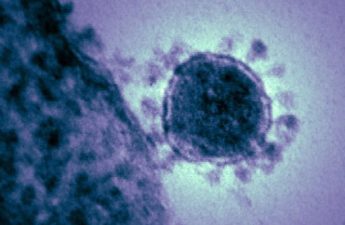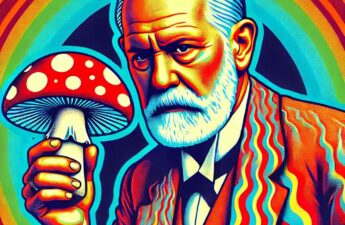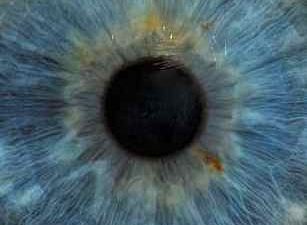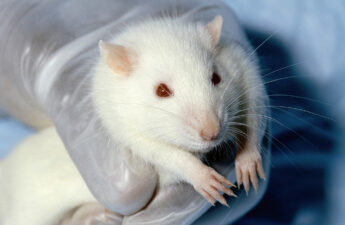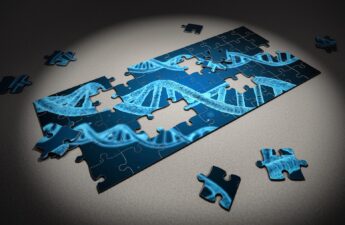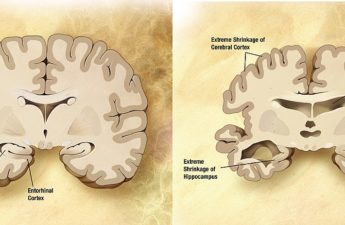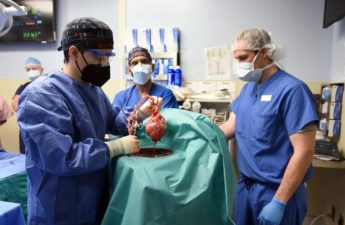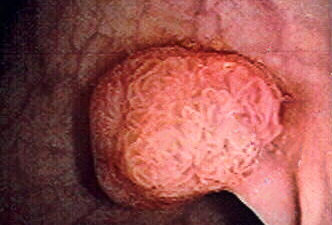Category: Research
Massive cuts to Health and Human Services’ workforce signal a dramatic shift in US health policy
Combined with previous reductions, these cuts may achieve some limited short-term savings. However, the proposed changes dramatically alter U.S. health policy and research, and they may endanger important benefits and protections for many Americans. They may also have severe consequences for scientific progress. And as some policy experts have suggested, the poorly targeted cuts may increase inefficiencies and waste down the line.
Cuts to science research funding cut American lives short − federal support is essential for medical breakthroughs
Nearly every modern medical treatment can be traced to research funded by the National Institutes of Health: from over-the-counter and prescription medications that treat high cholesterol and pain to protection from infectious diseases such as polio and smallpox.
King Holmes, who led pioneering research in sexually transmitted diseases, dies
Nearly single-handedly, Holmes brought the study of sexually transmitted diseases field to the forefront of medical research.
Mixed Lessons from Intentionally Infecting People with Covid-19
The idea sounded counterintuitive, but by carefully dosing individuals with SARS-CoV-2 in a controlled setting, scientists could study how the virus affects the body and learn what factors may offer protective benefits.
These types of studies, called human challenge trials, could help fast-track understanding the deadly virus devastating the world, experts claimed. Others, though, questioned whether the potential benefits were worth the risk, particularly given the host of unknowns surrounding Covid-19, and the lack of available treatments at the time.
Hallucinogens approved for treating psychiatric disorders: what does the science say?
Hallucinogens are now being presented as a breakthrough in the treatment of severe psychiatric disorders, such as depression or post-traumatic stress disorder, sometimes in combination with psychotherapy).
Despite being presented as innovations, the therapeutic potential of psychedelics is not a new discovery. In the 1960s and 70s, these substances were explored for medical use but quickly fell out of favour due to regulatory restrictions.
Now, in 2024, the question remains: Are psychedelics genuinely effective for treating psychiatric disorders?
How light helped shape our skin colour, eyes and curly hair
Light may have driven our ancestors to walk upright on two legs. Light helps explain the evolution of our skin colour, why some of us have curly hair, and even the size of our eyes.
Looking for Long Covid: A Clash of Definition and Study Design
Few experts dispute that long Covid can be debilitating, or that it warrants careful study. But in interviews with Undark, a number of experts said that it is misleading to frame long Covid as an increasing threat. The best data, they say, suggest that most people recover from the disorder and that long Covid rates will decline as people develop immunity.
The fungus zombies in ‘The Last of Us’ are fictional, but real fungi can infect people, and they’re becoming more resistant
Many of the people watching The Last of Us are likely there for the zombies. I love the zombies too, but I’m really there for the fungus.
Experts Debate the Risks of Made-to-Order DNA
By one expert’s estimate, perhaps 30,000 scientists worldwide have the skills to build a strain of pandemic influenza, provided they can find someone to synthesize the DNA for them. The consequences of unleashing such a pathogen could be catastrophic.
What is ethical animal research? A scientist and veterinarian explain
Federal research agencies follow guiding principles in evaluating the use and care of animals in research.These principles are summarized by the “3 R’s” of animal research: reduction, refinement and replacement. The 3 R’s encourage scientists to develop new techniques that allow them to replace animals with appropriate alternatives.
NIH initiative to systematically investigate and establish function of every human gene
Creating a catalog of what all human genes do is no easy feat. Most genes are likely to have more than one function and behave differently depending on the type of cell in which they are expressed. In addition, genes may turn on or off depending on the cell’s relationship to surrounding cells, environment and age.
What allegations of Alzheimer’s research fraud mean for patients
It might be a stretch to say all Alzheimer’s research is now compromised. But the allegations can prompt us to ask whether the governing bodies of research and drug approvals are truly effective.
Scientists set out to map the world’s genomic diversity
“The goal is to collect, organize and make accessible a representation of all the genetic variation that exist in humans, big, small, common and rare,” said Evan Eichler, a professor of genome sciences at the University of Washington School of Medicine in Seattle and one of the organizers of the project.
The journey to a pig-heart transplant began 60 years ago
On Friday, January 7 2022, David Bennett became the world’s first person to successfully receive a transplant of a pig’s heart. The eight-hour-long operation by surgeons at the University of Maryland Medical Center in Baltimore, USA, was no doubt arduous. But it was a short final step in a 60-year-long journey to genetically alter the pig’s heart so that it would not be immediately rejected – a journey that began with a plane crash in Oxford in the summer of 1940.
Gut bacteria might be an indicator of colon cancer risk, UW researchers find
A common bacteria was elevated in the mucosal biopsies of patients with polyps.



